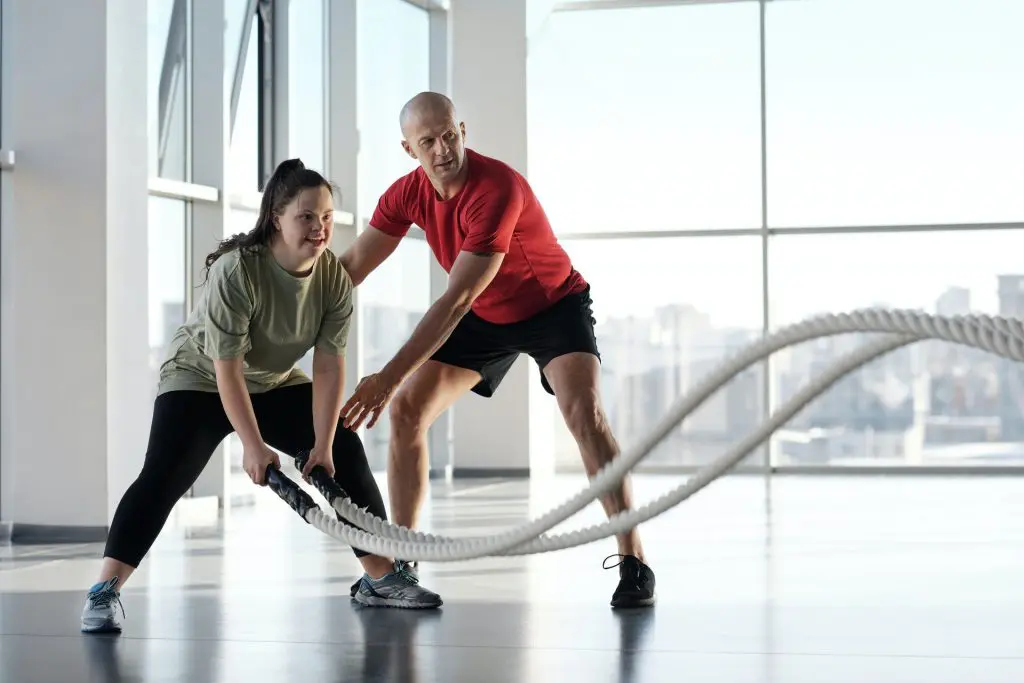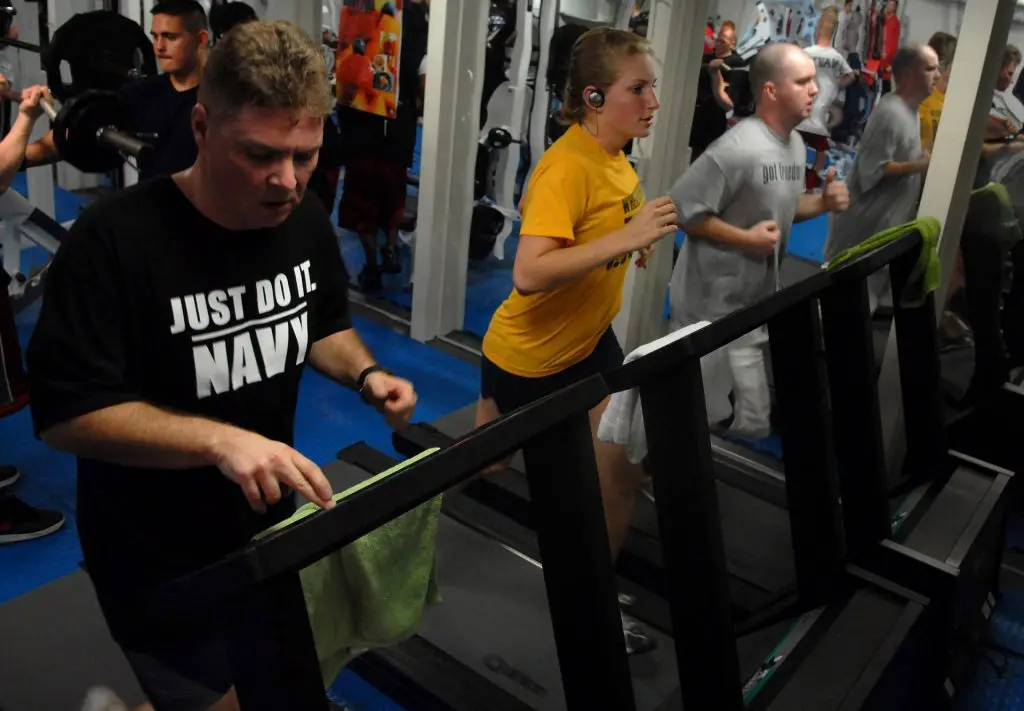
The best online fitness resource you'll ever need. We filter out the BS to ensure you meet your health and fitness goals!

The best online fitness resource you'll ever need. We filter out the BS to ensure you meet your health and fitness goals!

Cardiovascular fitness – the ability of your lungs, heart, and blood vessels to take in oxygen and transport it to your muscles, where it is used to produce energy for movement – is very changeable. Unlike strength, it dips and spikes very quickly, depending on your current routine at any one time. This can be used very much to your advantage; it can also put you in danger of losing out.
The more untrained you are – essentially, the further from your goals, or the more unfit you are – the more quickly you will improve. In fact, your gains to cardiovascular fitness can be really quite profound over the first 2-4 months.

This works across the board in fitness. Complete beginners can double their strength over their first three months of training.
In terms of your cardiovascular fitness, a beginner should be able to improve their VO2 max (your maximum rate of oxygen consumption, a common measure for cardiovascular fitness) by up to 30 percent in the first month of training.
There are many factors at work, of course. Genetics will play a large role, with some people finding it naturally easier to gain fitness. Conversely, the naturally fit may find their progress slower, as they start out from such an advantageous position.
Lifestyle will also play a part – proper nutrition, recovery and prehab work will go a long way to aiding improvements to fitness. Your training schedule will also play an obvious, large role – if you train every other day, you will likely see faster results than you would if you trained twice per week; if you push yourself hard for 45 minutes per session, you will likely see faster results than you would if you took it easy for 10 minutes at a time.
Strength takes a long time to build (after that initial period – ‘newbie gains’ do not last forever). It takes a commensurate amount of time to fade. A seasoned weightlifter or powerlifter won’t find their strength much diminished after a six-month hiatus.
Cardiovascular fitness is the reverse. It is easy to build up quickly but will also be quick to lose. A seasoned sprinter or long-distance runner will really struggle after a similar six-month hiatus – their VO2 max will have plummeted.

It will generally be your cardiovascular fitness that takes the biggest dive when you take any time away from training, therefore.
In fact, just a few days out can bring about a noticeable effect. Your cardiovascular fitness will be diminished by it. Your heart will begin having to work harder to pump enough blood and oxygen into your muscles to do the tasks asked of them. Even running up a short flight of stairs can become challenging after a week or so. This is because your de-conditioned muscles will have seen a reduction in some of the important proteins in the energy-producing pathways and components of their tissue.
There will be a significant rise in demand for blood to bring oxygen and clear waste product like carbon dioxide that result from the production of energy.
This reduction needn’t be too scary. If you’re losing strength quickly, you need to worry. If you lose VO2 capacity quickly, rest assured that it will come back equally fast. If you take a week off and lose cardiovascular fitness, you can then spend a week training and see it come right back.
Try not to do this. Cardiovascular fitness is easy to build and to lose; it’s also incredibly easy to maintain. Of course, if you have an important race or something similar coming up, train harder in the run-up and then feel free to reign it in a bit. However, most authorities recommend 150 minutes of cardiovascular exercise per week as a minimum. This can be anything from a brisk walk to a sprint.
Do this. It will keep you healthier long term and will allow you a fair degree of consistency in your fitness and athletic ability.